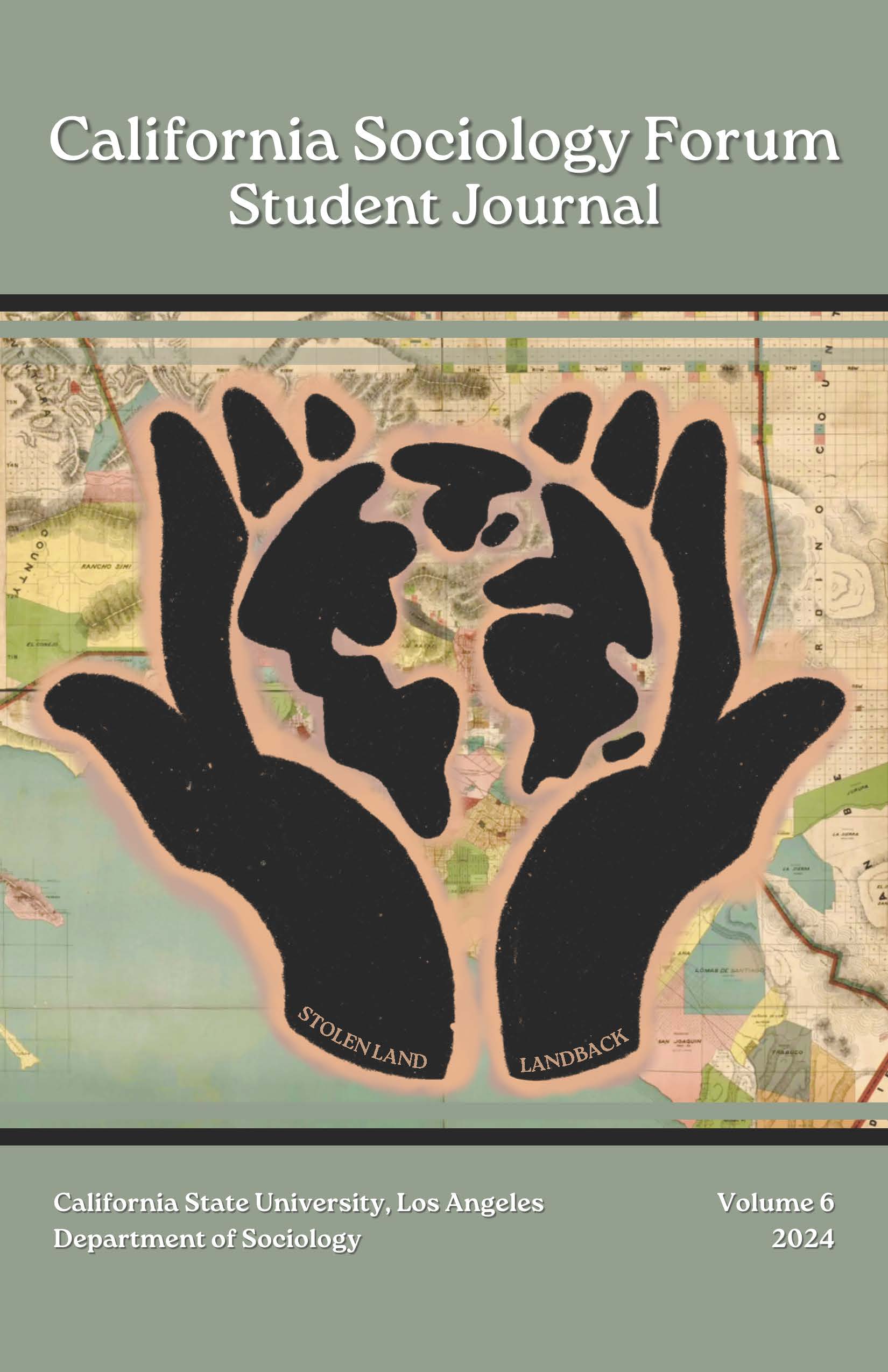Film Review: Unveiling the Shadows Shadow of the Vampire by E. Elias Merhige
Abstract
E. Elias Merhige’s film Shadow of the Vampire (2001) is a mesmerizing cinematic journey that transcends the realms of horror, art, and social commentary. At its core, the film offers a chilling glimpse into the complexities of power and control, masterfully presented through a sociological lens that forces viewers to confront uncomfortable truths about the entertainment industry and human nature. Set against the backdrop of the silent film era, “Shadow of the Vampire” centers on the making of F.W. Murnau’s iconic Nosferatu (1922). However, this film within a film takes a sinister twist as it suggests that the actor portraying Count Orlok, Max Schreck (played brilliantly by Willem Dafoe), may indeed be a real vampire. This narrative device forms the perfect allegory for the sociological exploration of power and control through these examples of directors’ tyranny, exploitation and sacrifice, collateral damage, and art vs. reality.

